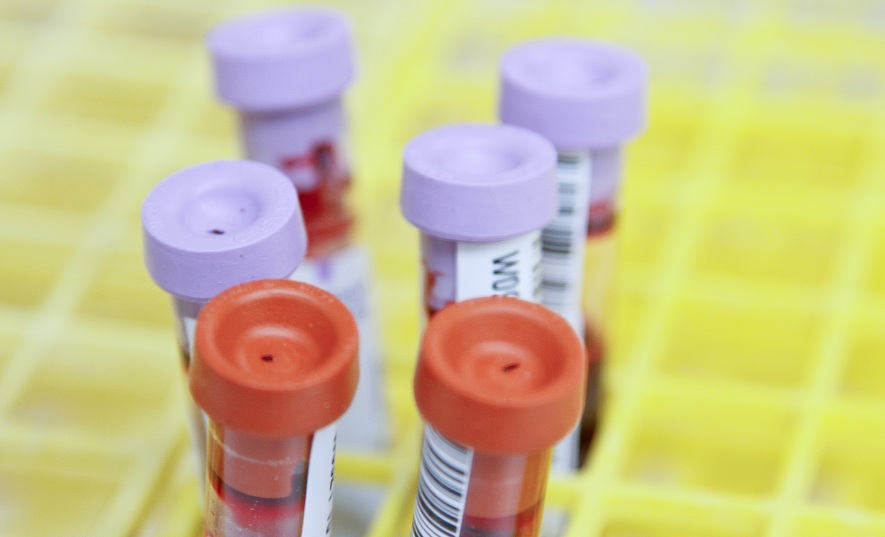February 06, 2023: “GSK plc announced results from a retrospective study on clinical trial diversity, investigating the historical representation of US-based participants in GSK clinical trials.
The study looked at clinical trial demographic data from 495 GSK and ViiV clinical trials involving US-based participants from the period 2002 to 2019.
The results published today in Clinical Trials: Journal of the Society of Clinical Trials demonstrate that using real world diseases epidemiology data, rather than the traditional benchmark of US Census Bureau race and ethnicity data, would ensure clinical trial enrolment reflects the populations affected by different diseases.
The results will inform how GSK and potentially other clinical trial sponsors can better design research to represent the diversity of real-world patient populations, given that some diseases disproportionately impact certain racial and ethnic groups.
The safety and efficacy of medicines and vaccines can differ based on genetic or environmental factors, and appropriate representation in clinical research is critical for advancing our understanding of new medicines and vaccines to ensure they have the biggest impact on patients.
Christopher Corsico, Senior Vice President, Development, GSK said: “GSK is committed to ensuring our clinical trials reflect the diverse demographics of the patients impacted by the disease under study, given the disproportional impact some diseases may have on specific patient groups.
While we have more to do at GSK, today’s publication offers important new data and analyses for sponsors to consider when planning their clinical programmes.
To make meaningful progress on diverse participation in clinical trials, we need meaningful collaboration with regulators, patients, academia, other biopharma companies and the wider healthcare ecosystem so that together we can achieve a shared goal of better health outcomes for all.”
US Census Bureau data do not necessarily reflect the proportion of the population by ethnicity that may be impacted by a specific disease.
GSK’s study confirmed that in four disease areas (asthma, COPD, HIV and influenza) census data differed from the epidemiological data.
For example, US Census Bureau data indicates 13.4% of the population is Black/ African American while the prevalence of asthma among this group in the US is 17%; COPD is 7.1%; HIV is 55.3%; and influenza is 23.7%.
In addition, US Census Bureau data indicates 18.5% of the population is Hispanic/ Latinx while the prevalence of different diseases among this group varies (asthma 14.4%; COPD 6.5%, HIV 35.7% and influenza 10.4%).
The study also showed that GSK trial enrolment for each condition differed by race and ethnicity.
For example, enrolment in clinical trials of Black/ African Americans for asthma (22.6%) exceeded both census (13.4%) and epidemiologic (17%) levels.
In HIV trials, enrolment of Black/ African Americans at 35.1% markedly exceeded census levels of 13.4% but underrepresented epidemiologic levels of 55.3%.
GSK is committed to applying the insights from the study results in ongoing efforts to improve diversity in clinical trial enrolment.
At the end of 2022, 100% of GSK’s Phase III trials had a diversity plan in place to enrol the groups most affected by the disease being studied, as based on epidemiology data.
GSK is working with patient advocacy groups and academic organisations to tackle the barriers that negatively impact clinical trial turnout of certain patient populations, such as access to transportation, language differences, lack of trust and awareness.
One way GSK is addressing these barriers is by rolling out global cultural competency training to around 15,000 clinical trial staff members so they can engage with diverse communities and advocacy groups to build trust, enhance disease awareness and provide appropriately tailored information.
Further research will support industry efforts to improve representation in clinical trials.
To build on the US-focused analysis published today, GSK is currently evaluating retrospective clinical trial demographic data for past participants who were enrolled in other countries around the world.
Regional, demographic and therapeutic area analyses of the full global data set are planned to further expand on the evidence base for improving diversity benchmarking in future clinical research.”


